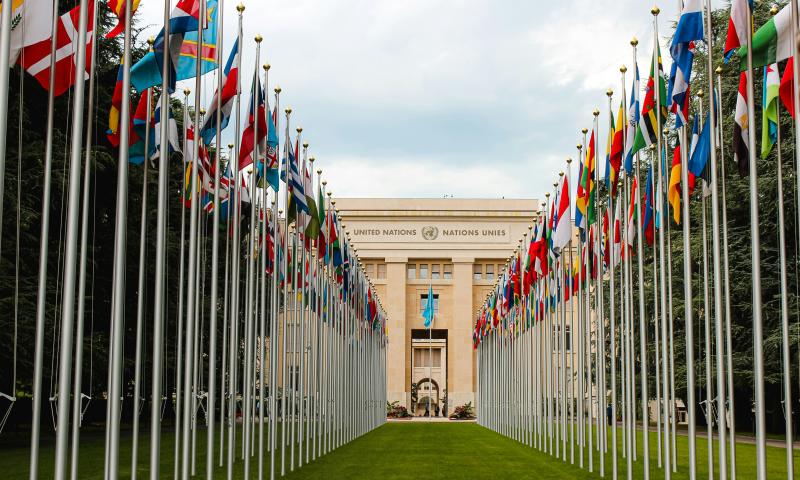
Brian Mulroney Institute of Government Fellows Lecture
Making the United Nations Command Great Again?: The Ontology of a ‘Revitalized’ United Nations Command and Its Implications
Youngwon Cho, Political Science Department
Thursday, February 8, 2024
4:30–6:00 pm AST
Mulroney Hall 4030
Established in 1950 by the UN Security Council and led by the US, the United Nations Command (UNC) is the unified military command that organized and executed warfighting efforts of multinational armed forces against North Korea and China during the Korean War. Despite the signing of the 1953 armistice agreement that ended active hostilities, the withdrawal of all non-US forces from the UNC, and the eventual removal of its warfighting role, the command not only continues to exist but its political and military relevance, long-dismissed as marginal at best, has also been on the rise again as the US has sought to “revitalize” it by eliciting renewed commitments and contributions from the “sending nations” that originally fought as part of the UNC. Focusing on this American initiative, this lecture examines the evolving role of the UNC and its implications. The revitalization of the UNC entails social (re)construction of the command, in which a relatively stable structure of intersubjective knowledge surrounding its identity and norms is being destabilized by the US purposefully and strategically, from what the UNC is and what it does to what it should be and ought to do. Such normative changes are ontologically transformative and, unless contested sufficiently, potentially entrapping for the sending states, such as Canada and the host country, South Korea.
All are welcome.